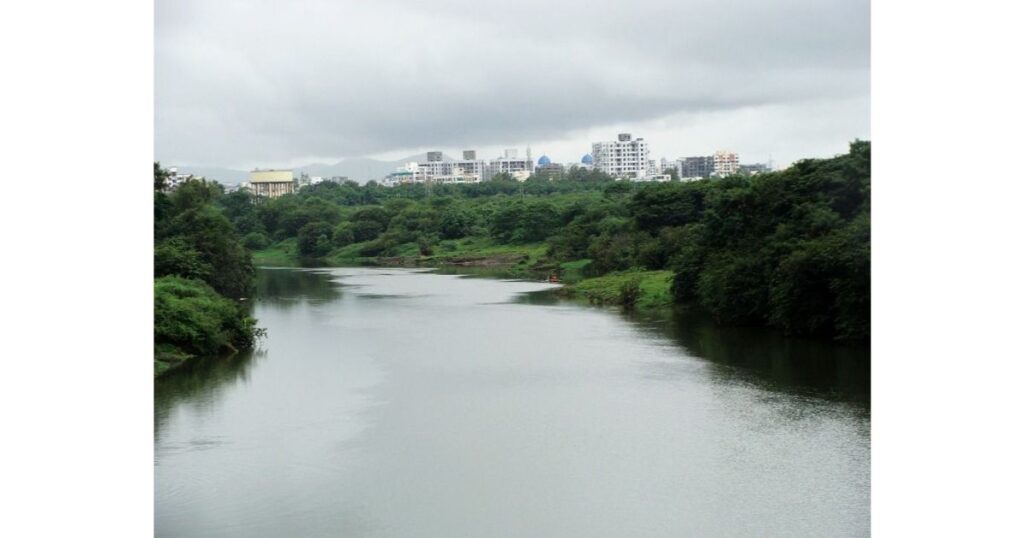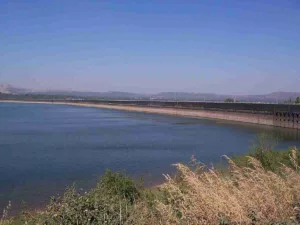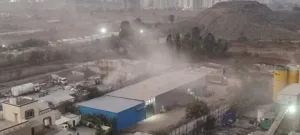National River Conservation Plan in Maharashtra ; Rs.1182.86 crores sanctioned for Krishna, Panchganga, Godavari, Tapi, Mula Mutha

Rs.208.95 crore released as central share for Implementation of river conservation projects 260 MLD Sewage Treatment Capacity Created in Karad, Sangli, Kolhapur, Nanded, Nashik, Triambakeshwar, Prakasha.
Under National River Conservation Plan (NRCP), pollution abatement projects for conservation of rivers in Maharashtra namely Krishna, Panchganga, Godavari, Tapi and Mula Mutha were sanctioned at a total cost of Rs.1182.86 crores. An amount of Rs.208.95 crore has been released as the central share for implementation of these projects, and inter-alia, a sewage treatment capacity of 260 million litres per day (MLD) has been created so far in the towns of Karad, Sangli, Kolhapur, Nanded, Nashik, Triambakeshwar and Prakasha.

Ministry of Jal Shakti, through the Centrally Sponsored Scheme of National River Conservation Plan (NRCP), has been supplementing efforts of the States/UTs by providing financial and technical assistance in abatement of pollution in identified stretches of rivers excluding river Ganga and its tributaries which is covered under NamamiGangeProgram, on cost sharing basis. Proposals for pollution abatement works, received from the States/UTs from time to time for consideration under NRCP, are sanctioned based on their prioritization, conformity with NRCP guidelines, independent appraisal, availability of Plan funds, etc.
Rivers in the country are polluted mainly due to discharge of untreated or partially treated sewage from cities/towns and industrial effluents in their respective catchments, problems in operation and maintenance of sewage/effluent treatment plants, agricultural run-off, lack of dilution and other non-point sources of pollution. It is the responsibility of States/Union Territories (UTs), local bodies and the industrial units to ensure required treatment of sewage and industrial effluent, before discharging into recipient water bodies or land for prevention and control of pollution therein.
Cleaning/rejuvenation of rivers is a continuous and dynamic process, and may also depend on natural factors. In compliance of the orders of National Green Tribunal in Original Application No.673/2018 regarding polluted river stretches in the country, States/UTs are required to implement action plans for restoration of the said stretches in their jurisdiction within the stipulated timelines.
This information was given by Minister of State for Jal Shakti, Bishweswar Tudu in written reply in Rajya Sabha, today, on April 5, 2022.









